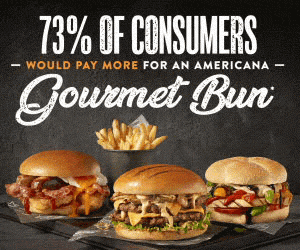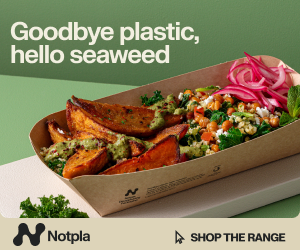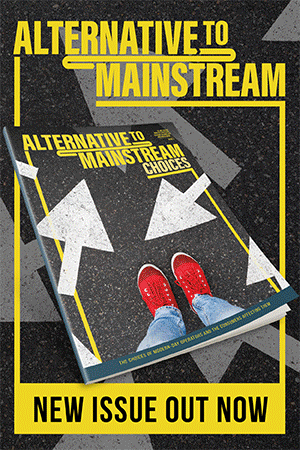Food for thought: Sustainability – Can we be doing more?
Barbara Alves, consultant at JLL Foodservice Consulting, considers how we can do more to aid the environment.

Barbara Alves, consultant at JLL Foodservice Consulting, considers how we can do more to aid the environment…
The notion of sustainability and how it should permeate the various layers of our complex human life has been around for decades. Latest efforts and increasing urgency to change our behaviours before irreversible damage is done means that the topic of sustainability has become more present and difficult to ignore in our day-to-day lives. The obvious trend in F&B, that has somewhat taken the spotlight in recent years, is the reduction of meat consumption. This is further supported by the explosion in plant-based offers on the majority of restaurant menus; a means to reduce our carbon footprint and improve our health.
According to the Vegan Society, the number of vegans within the UK have increased from 150,000 to 542,000 last year. Mintel’s database suggests that the number of vegan products has nearly doubled between 2013 and 2017. In 2018, there were more vegan products launched in the UK than in any other nation. Even the British public’s favourite chain, Pret a Manger, has bought 94 of Eat’s stores in the UK with the intent of converting many into Veggie Prets, a hugely successful venture.
The above narrative has been used to exhaustion in the last few years, but it fails to account that only 0.82% of the UK’s population are plant-based. That doesn’t mean that demand isn’t growing for these products by those that follow a flexitarian diet, or where they have simply reduced meat consumption. However, nine out of 10 British households regularly buy red meat.
Given that meat consumption won’t be a thing of the past just yet, maybe we should start looking at correcting our carbon footprint in other ways. Since we need an inordinate amount of land to produce very little meat, perhaps we can start by reducing the amount of food waste we produce (and therefore demand).
According to the United Nations, approximately a third of all food produced is wasted globally. There have been various initiatives around the world where we have seen positive strides being taken:
In the UAE, Dubai’s Ministry of Climate Change and Environment has urged hospitality conglomerates to join the Emirates Food Waste Pledge. The pledge aims to reduce meal waste by 2m this year and 3m in 2020. In order to achieve this, it has partnered with Winnow, a food waste company that uses technology and AI to reduce waste in commercial kitchens.
In South Korea, food waste has decreased by 10% due to a policy being implemented that made individuals have to contribute towards recycling, depending on how much food they throw out. In Denmark, expired food is allowed to be sold as long as it does not pose any health risk to consumers. France became the first country in the world that banned supermarkets from throwing away food that was approaching the best-before date. In Australia, the government supports food rescue organisations financially.
In 2019, the UK government invited firms to apply for its second round of £6m funding. The intention is to improve how charities, and other organisations, handle and distribute surplus food as it aims to be the global leader in the fight against food waste.
Despite various noteworthy initiatives, the question is whether these will be enough given the global dimension of the issue. Do different countries and the private sector collaboratively already hold all the answers to reduce food waste at every stage of the supply chain? Between the use of technology and legislation implementation, we should be seeing significant progress on this front soon enough. If we all do our bit, we should see real impact.
Food for thought, but just enough so as not to have to throw any away…















